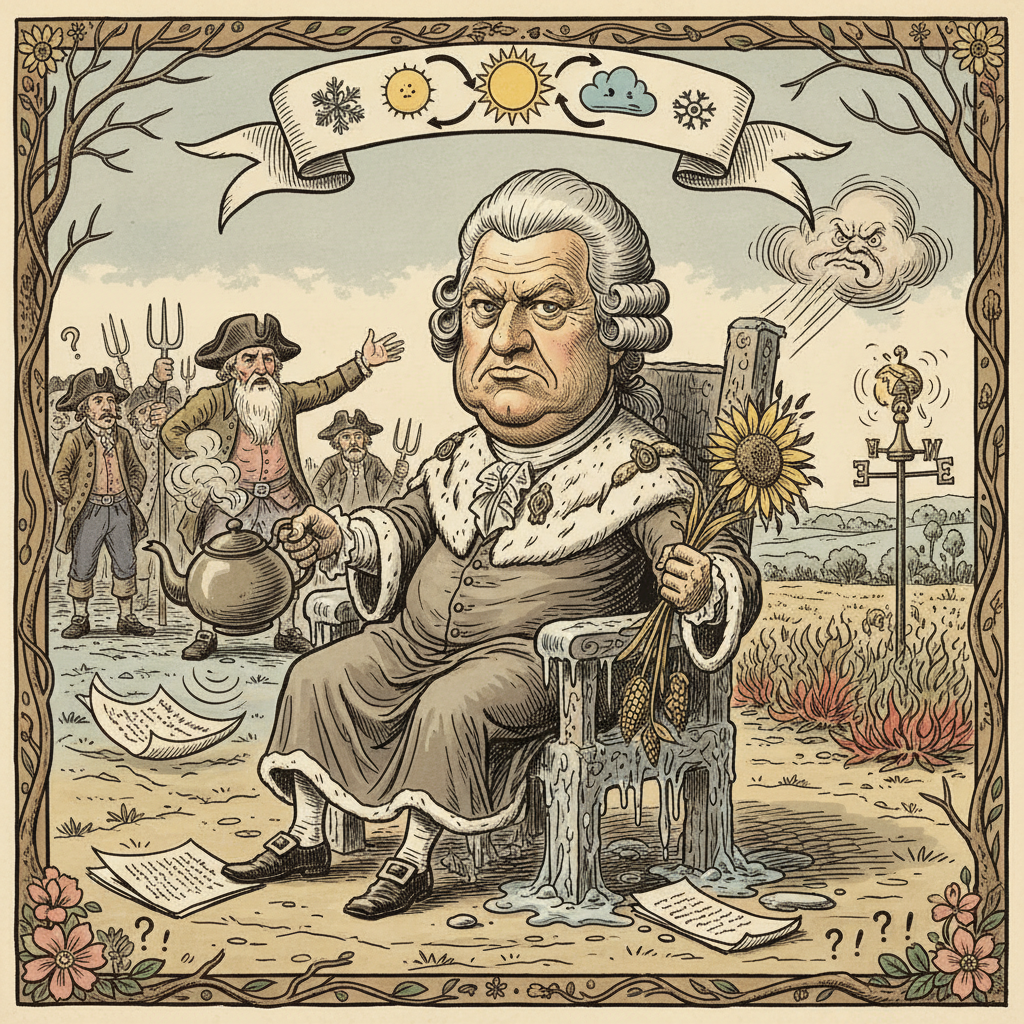President Donald J. Trump's recent governing style, described as a 'Santa and Grinch presidency,' is prompting renewed debate about the boundaries of executive authority and the consent of the governed.
Details:
- Reports from behind the scenes describe President Trump’s governing philosophy as a 'Santa and Grinch' approach, distributing both unexpected benefits and sudden penalties with executive discretion, bypassing traditional legislative avenues.
- This method, wherein policy outcomes are perceived to depend more on presidential whim than established legislative process, mirrors colonial anxieties over royal prerogative and the arbitrary acts of a distant Parliament.
- The precise criteria for being on the administration's 'nice' or 'naughty' list, much like the justifications for parliamentary taxation without representation, remain conspicuously opaque to the general populace, fostering an environment of uncertainty and disempowerment.
- Such a system effectively redefines the citizen's relationship with government from one of consent to one of hopeful or fearful anticipation.
Why it Matters:
The framing of executive action as arbitrary gift or punitive withdrawal risks undermining the very foundations of consent that define republican governance. John Dickinson, in his pivotal letters, meticulously argued that even seemingly minor infringements on colonial liberty, if accepted, set a dangerous precedent for outright servitude. This 'Santa and Grinch' model, therefore, is not merely political theater, but a concerning shift towards a power dynamic where citizens are subjects awaiting the executive's judgment rather than constituents engaging in self-rule. Such a presidency, operating outside predictable legislative frameworks, inevitably erodes public trust and encourages a transactional relationship between the state and its citizens. Historically, a government perceived as capricious or arbitrary invites instability, fostering a climate where the rule of law is supplanted by the rule of men, a path our forefathers knew too well.
